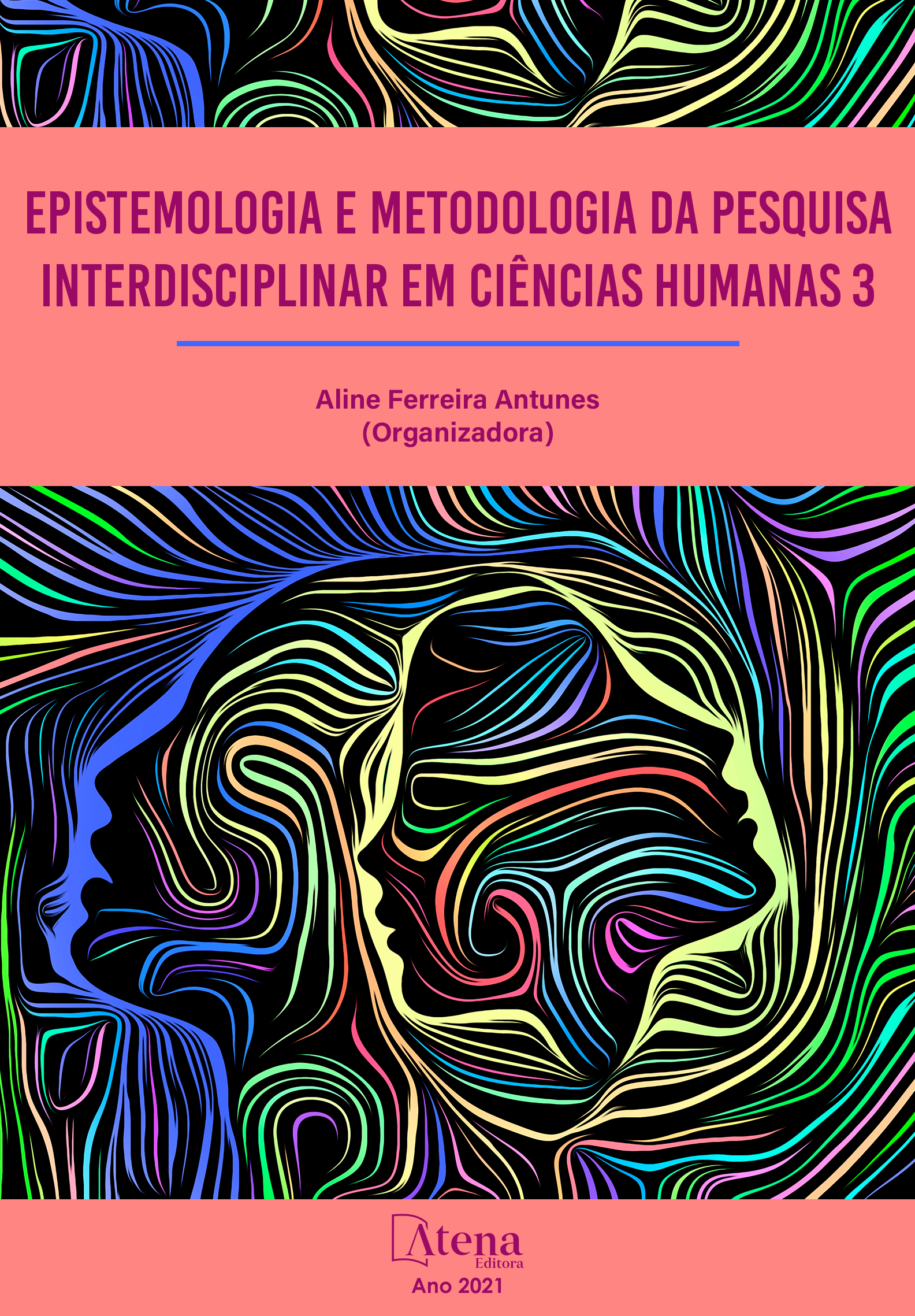
A SURDEZ UNILATERAL E O MODELO SOCIAL DE INTERPRETAÇÃO DA DEFICIÊNCIA ANTE AO ARTIGO 37, VIII DA CONSTITUIÇÃO FEDERAL: ANÁLISE CRÍTICA À LUZ DOS PRECEDENTES DAS CORTES SUPERIORES.
A Constituição Federal garante em seu art. 37, VIII que a lei reservará percentual dos cargos e empregos públicos para pessoas com deficiência, classificando estas pelo Decreto 3.298/99, sendo alterada a redação do seu art. 4º pelo Decreto 5.296/04, desconsiderando os surdos unilaterais como pessoa com deficiência. Contudo, o Decreto 6.949/09, tornou a Convenção Internacional sobre os Direitos das Pessoas Com Deficiência equivalente à Emenda Constitucional, conforme §3º do art. 5º da Lei Maior, consagrando o Modelo Social de Interpretação da Deficiência. Em acordo com esta a Lei Brasileira de Inclusão veda apenas a consideração médica e taxativa do que é deficiência ao exigir avaliação biopsicossocial que possa atestar um indivíduo como pessoa com deficiência diante do meio que está inserida. Logo, ante ao exposto, indagamo-nos: qual a compreensão adotada pelo Superior Tribunal de Justiça (STJ) e Supremo Tribunal Federal (STF)? Objetivando analisar o posicionamento jurisprudencial destes e suas controvérsias, foi realizada uma pesquisa de natureza básica, qualitativa, utilizando-se do método teórico-bibliográfico e documental. Investigou-se súmulas e acórdãos nos sítios eletrônicos próprios dos tribunais supracitados, utilizando-se dos descritores “surdez unilateral” e “concurso público”, no período de 01/09/2009 à 01/09/2019, resultando em 32 acórdãos e a Súmula 552 pertinentes quanto STJ, bem como 4 acórdãos relativos ao STF. Concluiu-se que o Supremo Tribunal Federal e o Superior Tribunal de Justiça não reconhecem o direito dos surdos unilaterais serem considerados pessoa com deficiência ante ao art. 37, VIII da Constituição, com base no art. 4º, II do Decreto 3.298, consolidando uma classificação genérica e taxativa acerca da deficiência anterior à Convenção e Lei Brasileira de Inclusão e em prejuízo destas, bem como fica nítida a ausência de referência a tais dispositivos legais e a necessidade de avaliação biopsicossocial singular aos sujeitos para que sejam pessoa com deficiência, sendo desproporcional diante destas normas.
A SURDEZ UNILATERAL E O MODELO SOCIAL DE INTERPRETAÇÃO DA DEFICIÊNCIA ANTE AO ARTIGO 37, VIII DA CONSTITUIÇÃO FEDERAL: ANÁLISE CRÍTICA À LUZ DOS PRECEDENTES DAS CORTES SUPERIORES.
-
DOI: 10.22533/at.ed.53321080317
-
Palavras-chave: Direitos das Pessoas Com Deficiência; Surdez Unilateral; Avaliação Biopsicossocial; Jurisprudência.
-
Keywords: Rights of Persons with Disabilities; Unilateral deafness; Biopsychosocial Evaluation; Jurisprudence.
-
Abstract:
The Federal Constitution assures in its art. 37, VIII that the law will reserve a percentage of public positions and jobs for people with disabilities, classifying them by the Decree 3.298/99, which its art. 4 was modified by the Decree 5.296/04, disregarding unilateral deaf people as people with disabilities. Although, the Decree 6.949/09, settled the International Convention on the Rights of Persons with Disabilities equivalent to the Constitutional Amendment, according to §3 of art. 5 of the Major Law, establishing the Social Model for the Interpretation of Disability. Considering this, the Brazilian Inclusion Law forbids only the medical and exhaustive consideration of what disability is, by requiring biopsychosocial assessment that can attest to an individual as a person with a disability in the context in which they are inserted. Thus, in view of this scenario, we ask ourselves: what is the understanding adopted by the Superior Court of Justice (SCJ) and the Supreme Federal Court (SFC)? Aimingb to analyze their jurisprudential position and its controversies, a basic and qualitative research was carried out, using the theoretical-bibliographic and documentary method. Summaries and judgments were investigated on the websites of the aforementioned courts, using the descriptors "unilateral deafness" and "public contest", from 9/1/2009 to 9/1/2019, resulting in 32 judgments and the Precedent 552, regarding SCJ, as well as 4 judgments related to STF. It was concluded that the Supreme Federal Court and the Superior Court of Justice do not recognize the right of unilateral deaf people to be considered a person with disabilities under art. 37, VIII of the Constitution, based on art. 4, II of Decree 3.298, consolidating a generic and exhaustive classification about the deficiency prior to the Brazilian Inclusion Convention and Law, and to the detriment of these, as well as the absence of reference to such legal provisions and the need for a unique biopsychosocial assessment, to the subjects to be a person with a disability, being disproportionate in view of these rules.
-
Número de páginas: 11
- Carlos Eduardo Ferreira Aguiar
- Wellington Aguiar Ponte Filho
- Patrícia Alves de Sousa
- Betânea Moreira de Moraes
- Lara Maria da Frota


